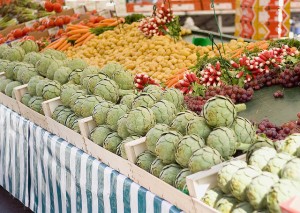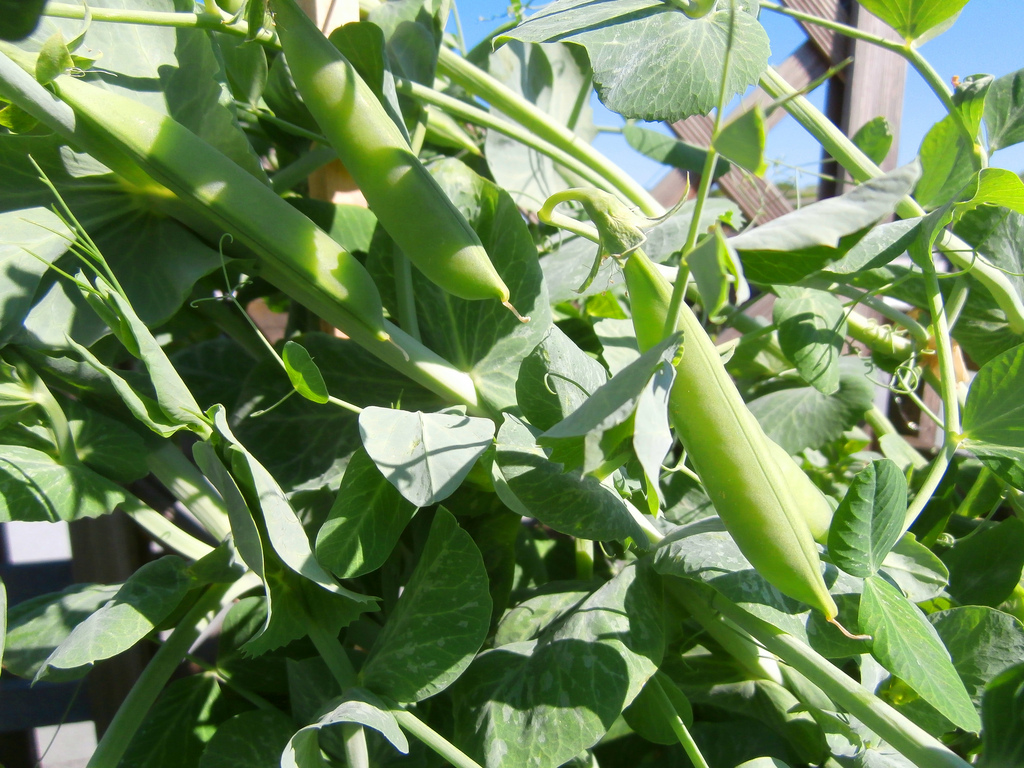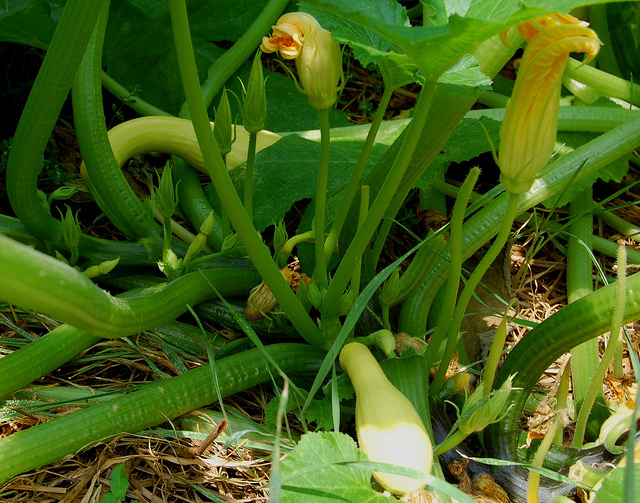 After spending the entire spring, summer and fall planting, weeding, watering and harvesting your crops, the last thing that you need is for them to go bad over the winter. Every potato, apple or onion that rots and must be thrown out can be seen as the equivalent of watching your hard work go down the drain.
After spending the entire spring, summer and fall planting, weeding, watering and harvesting your crops, the last thing that you need is for them to go bad over the winter. Every potato, apple or onion that rots and must be thrown out can be seen as the equivalent of watching your hard work go down the drain.
In order to prevent your harvested fruits and vegetables from going bad, you have several options. You can pickle them, can them, or turn them into jams, jellies and fruit butters, as we have already discussed. These methods work very well with fragile fruits and vegetables like green beans, cucumbers, tomatoes, strawberries, blueberries and blackberries, among others. However, even your home canned crops have to be properly stored. The ones whose lids did not quite seal properly in the canning process (i.e. those whose lids have “popped”) have to be refrigerated and eaten first. The ones that were canned successfully need to be kept in a cool, dry place, like a basement.
Back before every house had a refrigerator to keep items cool, certain foods were bought in bulk and stored in the basement, more specifically, a winter cellar. This winter cellar was a room or designated space where vegetables like squash, onions and potatoes were stored to keep them cool and prevent them from going bad. Of course, these winter cellars had dirt floors, but were properly outfitted with shelves and spaces to store dried and preserved meats, as well as canned vegetables.
You can create your own winter cellar (without the dirt floors, of course, unless you truly want yours to be authentic) in your basement. Simply set aside a corner (make sure that it is as far away from your furnace, water heater and washer and dryer as possible to keep the space cold), or build a makeshift room with some plywood walls. Line the walls with bookshelves to keep your home canned goods, insert a few hooks in the ceiling to hang burlap bags or multi-tiered premade kitchen food “hangers” on, and line the floor with baskets and paper bags.
What can be stored in your winter cellar? Besides your canned goods, vegetables that can be kept all winter long if the conditions are right include potatoes, onions, turnips, rutabagas, carrots, parsnips, squash and pumpkins — basically, with the exception of the squash and pumpkins, really any root vegetables. Apples, nuts and dried herbs can also be stored in a cellar as well; just make sure to keep your apples are far away from the vegetables as possible, as the gas that apples emit can make vegetables rot pretty quickly.
A few words of warning: Do not just toss your root vegetables into the baskets randomly. Make sure that you check each potato, onion, etc, very well for signs of rot before storing it with the others. Any that seem to be too soft or have visible signs of rotting should not be stored, as they will make the others in the basket or bin go bad.
Are You Looking For Heirloom Seeds? Botanical Interests Has You Covered
I highly recommend you check out Botanical Interests for heirloom seeds.
Botanical Interests has over 500 high-quality varieties guaranteed to germinate and provide you great vegetables. No GMOs here. Not only is the seed inside their packets the highest quality available, their packets are designed to give you the information you need to be a more successful gardener!
Click here to find the seeds you need.
Pic by neonbubble.





Great article, Mario – Keep them coming. I’m trying to organize a newsletter subscription for my page. May I have permission to put a link to your page when I get it done?
Hi, Maureen! Great to hear from you! It would be an honor to have a link in your newsletter! Thank you so much!!